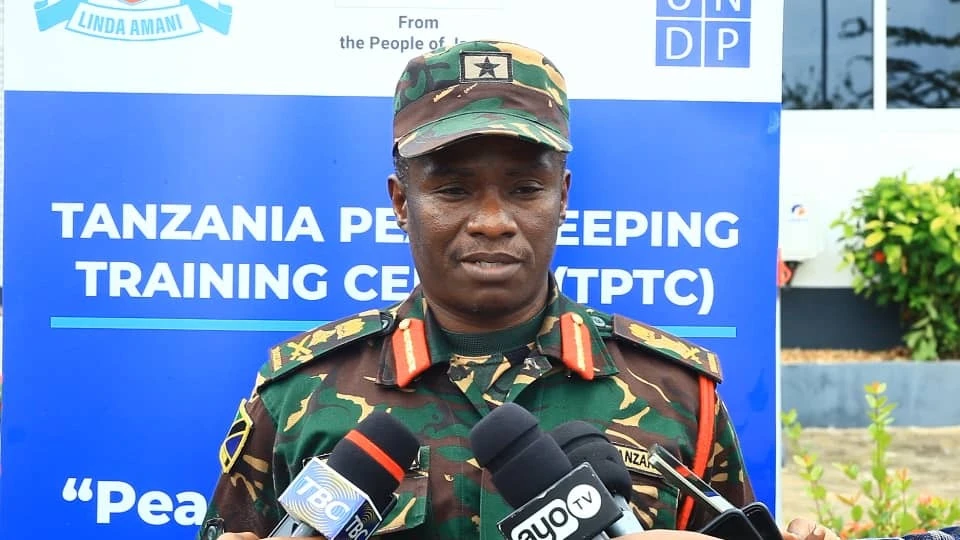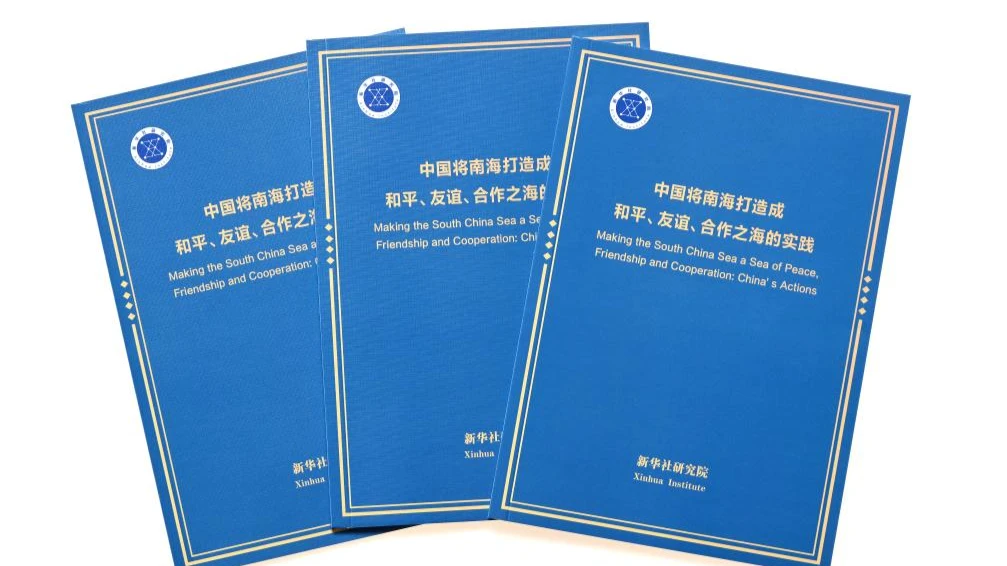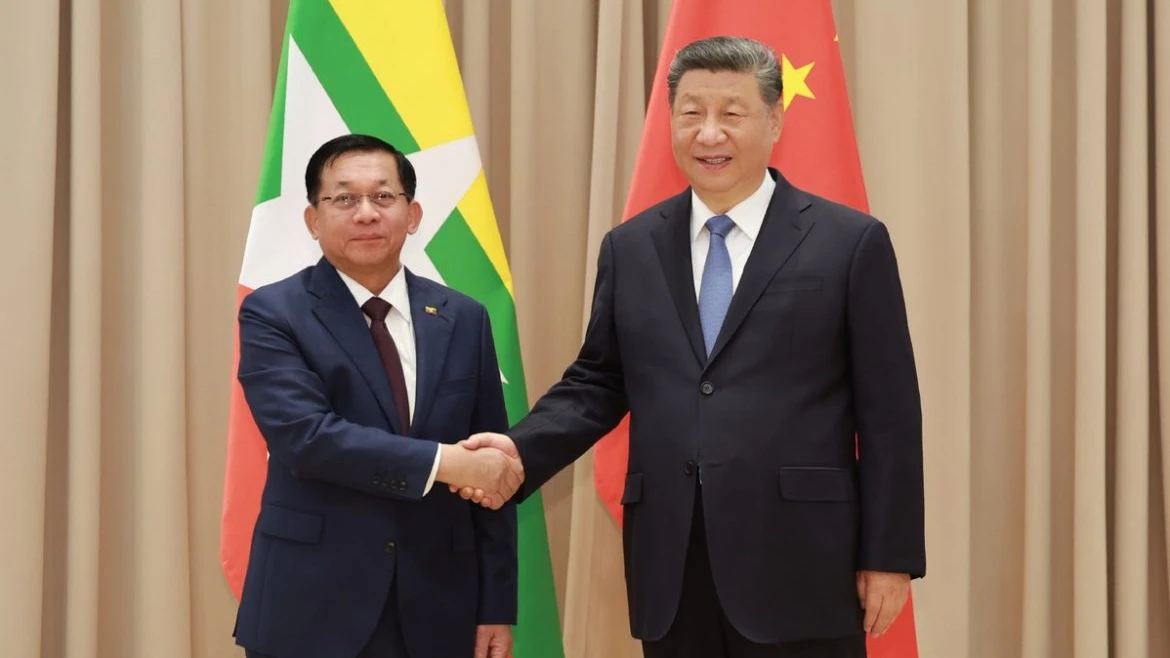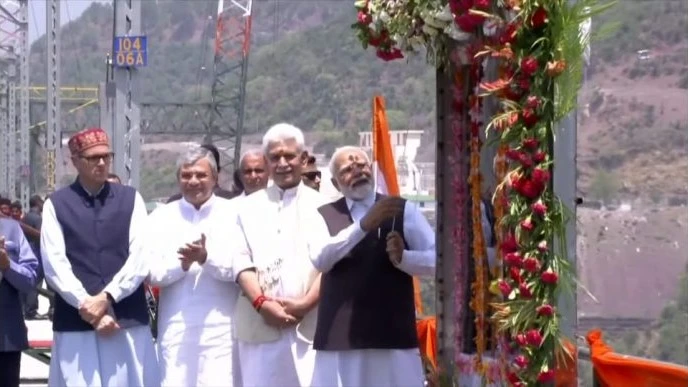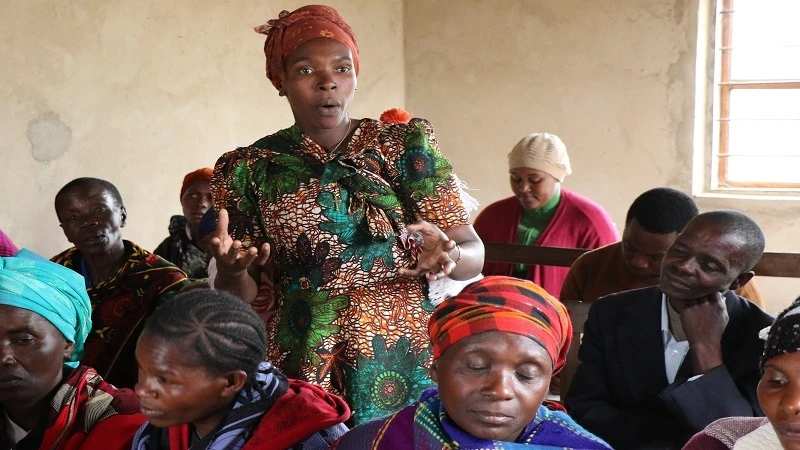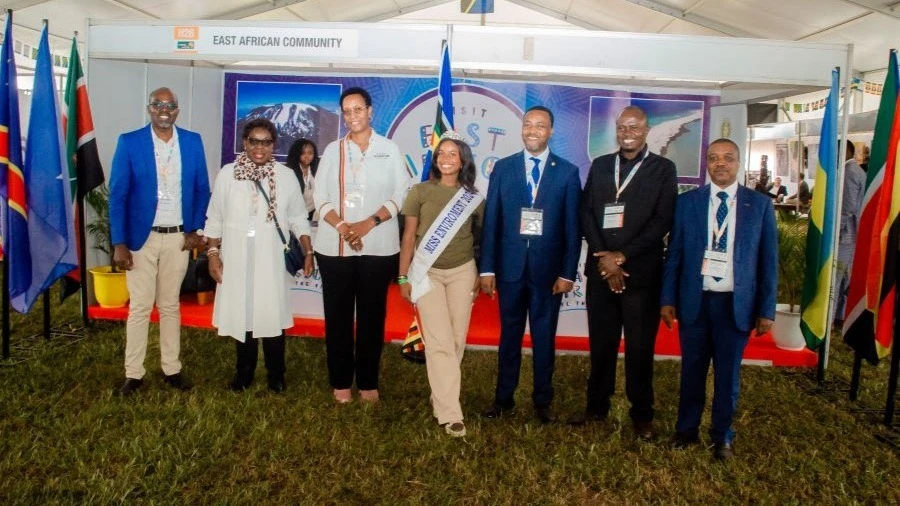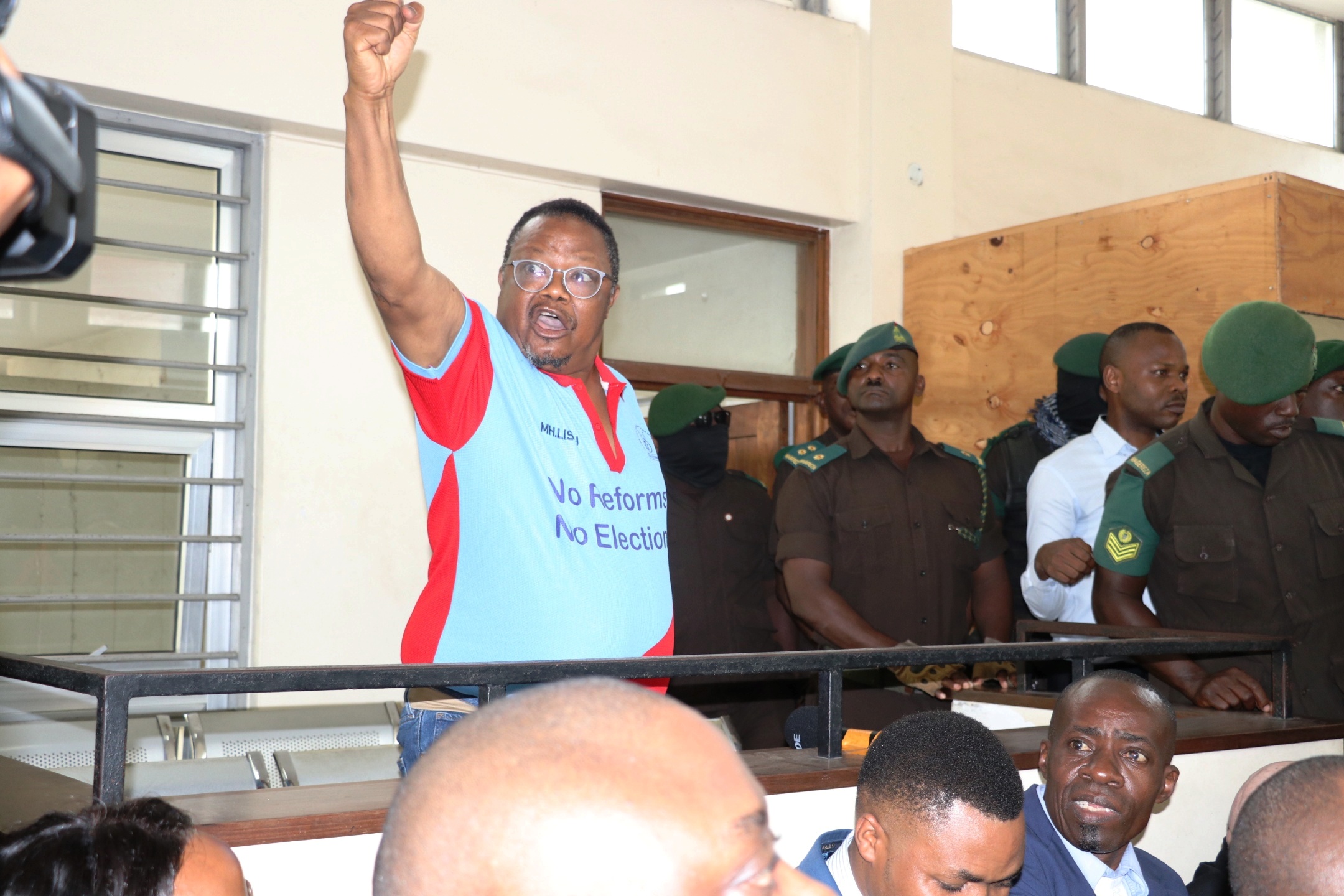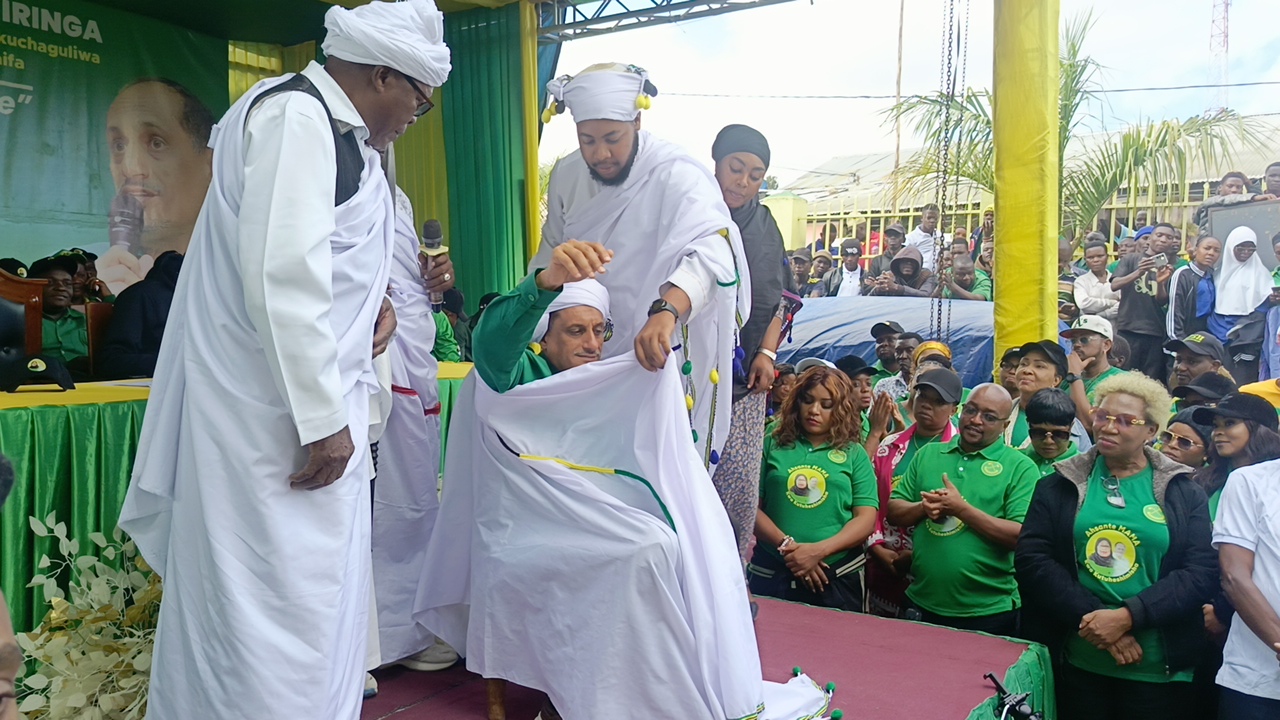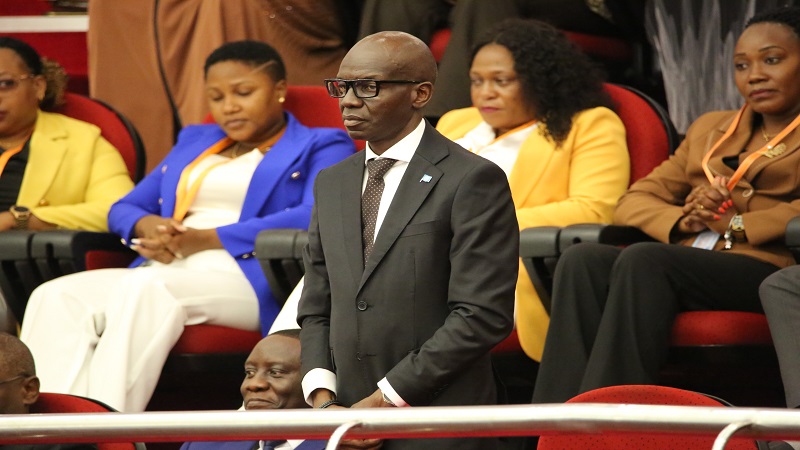Tanzania, Japan, UN launch first-ever civilian peacekeeping course

TANZANIA has launched the its first -ever civilian peacekeeping course in partnership with the government of Japan through United Nations Development programme(UNDP ) to strengthen sustainable peace efforts.
Speaking at the official launch of the course in Dar es Salaam yesterday, TPTC Commandant Brigadier George Itang’are said the training is part of a broader United Nations peacekeeping framework, which comprises three key components: civilian, police, and military.
He said funded by the Japanese government through UNDP,the course is implemented by the Tanzania Peacekeeping Training Centre (TPTC) and aims to equip participants with the skills and knowledge necessary to promote lasting peace, conflict resolution and post-conflict recovery across the region.
“This event marks an important step forward in strengthening regional and institutional capacities for effective peace building, conflict response, and post-conflict recovery,” said Brig. Itang’are.
He stressed that the dynamics of conflict in the region are rapidly changing—ranging from insurgencies in northern Mozambique to ongoing instability in the Great Lakes region—and that the need for skilled and well-coordinated peace operations has never been more urgent.
“This training comes at a time when collaboration between military, police, and civilian actors is not only necessary, but essential for lasting peace and security,” he added.
Brig. Itang’are noted that the program reflects a shared commitment to enhancing operational readiness, promoting human security, and ensuring that peacekeeping missions are inclusive, multidimensional, and responsive to real-world challenges.
Over the course of the program, participants drawn from government agencies, civil society, and security forces will engage in both in-depth learning and practical exercises.
“The curriculum is designed to strengthen not only technical knowledge but also the values of cooperation, cultural sensitivity, and community engagement—all of which are crucial in peacekeeping environments,” he said.
He emphasized that the course is more than just a training program.
It serves as a platform for building relationships, sharing experiences, and creating a regional network of peace builders who will carry forward the lessons learned into their respective fields.
Tanzania, he added, has long been recognized as a beacon of peace and stability in the region, playing a pivotal role in regional peace efforts, including the deployment of youth and participation in African Union and United Nations peacekeeping missions.
Furthermore,with around 250,000 refugees hosted within its borders, Tanzania continues to demonstrate an unwavering commitment to humanitarian support.
Godfrey Mulisa, representing UNDP, echoed these sentiments, stating that Tanzania remains a pillar of peace and stability in the region through its leadership, especially in youth development and international peacekeeping.
He acknowledged that the regional peace and security landscape is evolving, with new and complex threats such as armed conflicts in northern areas demanding innovative and adaptive approaches to peacekeeping.
“This project aims to enhance the center’s institutional resilience, expand training for critical civilian roles, and introduce modern, simulation-based courses to improve performance in peace operations,” he said
Nomula Hiroyuki, representing the Japanese Ambassador to Tanzania, reaffirmed Japan’s commitment to the initiative, describing the training as a true testament to the friendship and cooperation between the two nations.
“Japan and Tanzania have enjoyed a cordial relationship for many years, particularly in the areas of culture and education,” he said.
Top Headlines
© 2025 IPPMEDIA.COM. ALL RIGHTS RESERVED








